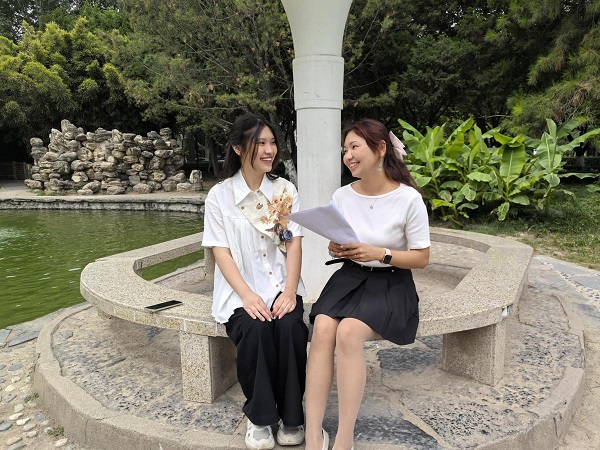Potential of Quantum Theory application in welfare lotteries

Recently, a quantum game research collaboratively conducted by researchers in XJTU, University of Bristol, UK, Sun Yat-sen University, China, and University of Science and Technology of China, has come out in NPG Quantum Information. The article is entitled Quantum Gambling Based on Nash-Equilibrium and has XJTU Associate Professor Zhang Pei as the first and corresponding author.
In the study of gambling, the article combines key concepts of game theory with quantum information theory and offers a new protocol for ensuring that the strategies adopted by both parties in the game reach the “Nash equilibrium”. (At this point, neither of them can increase his/her gain unilaterally by changing his/her strategy). Not only can the quantum theory ensure the fairness of gambling, but the new protocol can prevent the gambling parties from tampering with the results. Since any tampering can be easily discovered orwill reduce the tampering party's winning percentage, a trusted third party turns out to be unnecessary. The protocol could also be easily transformed into an unfair version, which might be expected to be applied to the welfare lottery.
Linkto the article: https://www.nature.com/articles/s41534-017-0021-7

